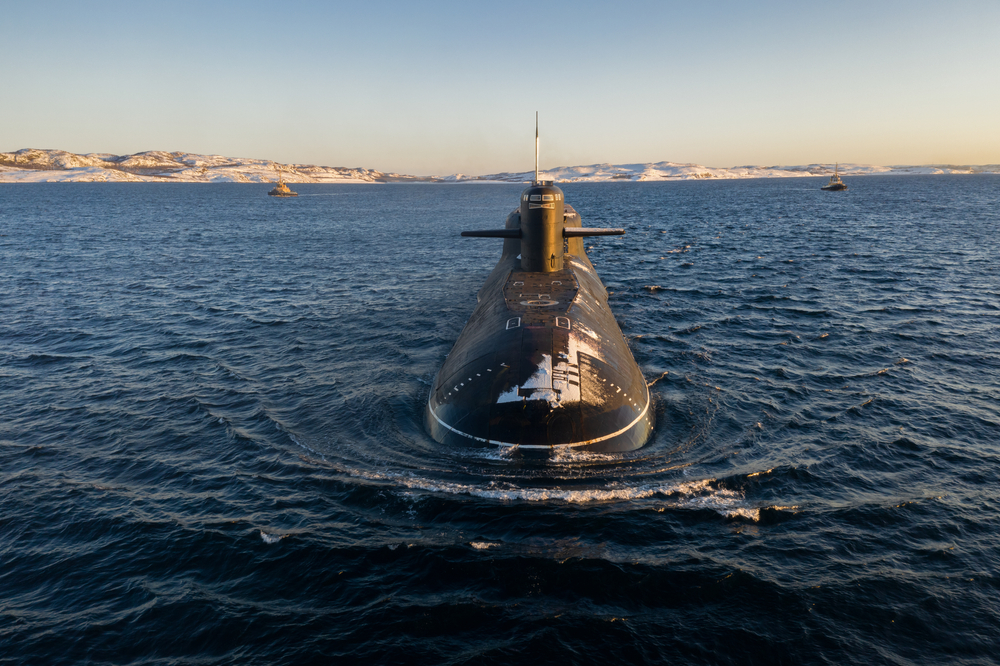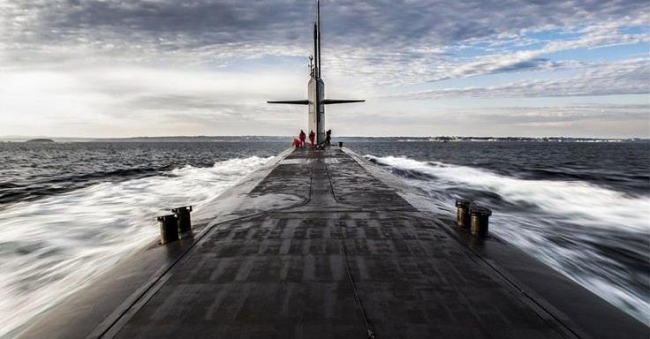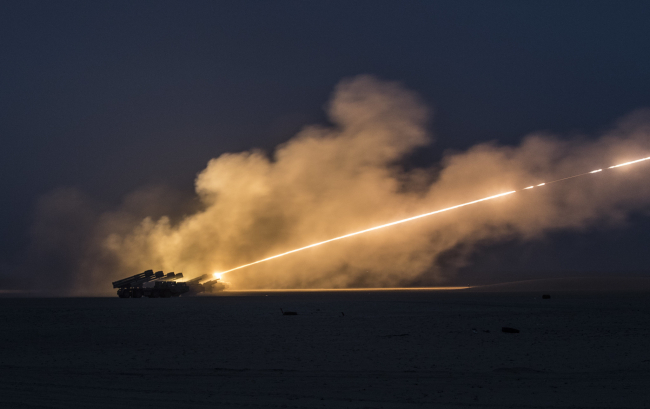Taking the Pulse: Can Europeans Build Their Independent Extended Nuclear Deterrent?
Confronted with a U.S. disengagement and the Russian threat, Europeans are reconsidering their stance on nuclear deterrence. Given the capabilities of the French and British arsenals, can Europe develop an independent nuclear deterrent?

[...]
Héloïse Fayet , Research Fellow and Head of the Deterrence & Proliferation Research Program at the Institut Français des Relations Internationales
Forget the fantasy of a Eurobomb or a travelling nuclear suitcase between EU capitals. The real question is how to better leverage the existing arsenals of France and the UK in a Europe where Washington’s commitment is no longer a given. What happens if NATO allies can’t trust that the United States will trade Boston for Berlin?
The answer is not to mimic the American model with tactical nukes scattered across the continent. If Paris and London were to extend deterrence, it would be because their national security is inextricably tied to Europe’s stability. Any adaptation must reflect this.
For France, that could mean clarifying its vital interests and going beyond presidential speeches that require explaining to be correctly understood by allies—but without sharing nuclear decisionmaking or stationing warheads abroad. Those are currently a no-go for Paris. Conventional forces, missile defense, and deep precision strikes must also be part of the equation. Instead of obsessing over warhead numbers, why not start by reinforcing French deployments on NATO’s Eastern flank?
Even though the UK considers it already participates in European security through its nuclear contributions to NATO, London must American-proof its long-term nuclear future in case of diminished cooperation with the United States.
The time for pragmatic nuclear dialogue and political commitments is now.
[...]
> Read the full commentary on Carnegie's website.

Available in:
Themes and regions
Share
Related centers and programs
Discover our other research centers and programsFind out more
Discover all our analysesThe Franco-German Brigade and the Revival of European Defense
One thing has been clear since Donald Trump's return to the White House: the very existence of the European unification project is threatened. Unless it develops a sovereign defense policy to counter the war in Ukraine and the weakening of American security guarantees, the European Union will continue to see its internal cohesion and external attractiveness wane.

RAMSES 2024. A World to Be Remade
For its 42nd edition, RAMSES 2024 identifies three major challenges for 2024.
A Transatlantic Defense Industrial Base? Two Contrasting Views
The evolving landscape of global defense cooperation has brought the transatlantic relationship between the United States (US) and Europe into sharp focus. As geopolitical tensions rise and the threat environment becomes more complex, the question of how Europe can best ensure its security while navigating its relationship with the United States has become paramount. This double feature report offers two contrasting views on the dynamics of US-Europe defense industrial relations, highlighting the challenges and opportunities that lie ahead for both parties.
Deep Precision Strikes: A New Tool for Strategic Competition?
Reaching deep into the enemy’s system to weaken it and facilitate the achievement of operational or strategic objectives is a key goal for armed forces. What capabilities are required to conduct deep strikes in the dual context of high-intensity conflict and strengthened enemy defenses?












